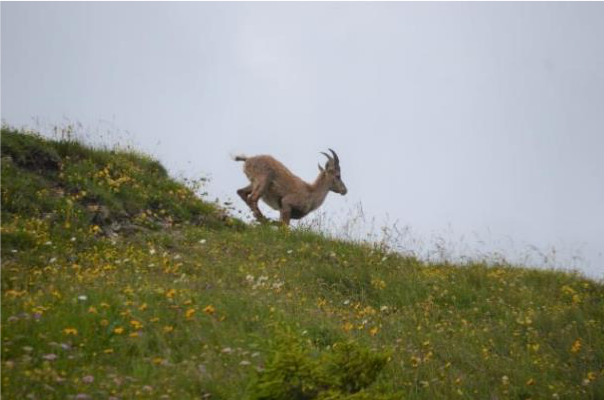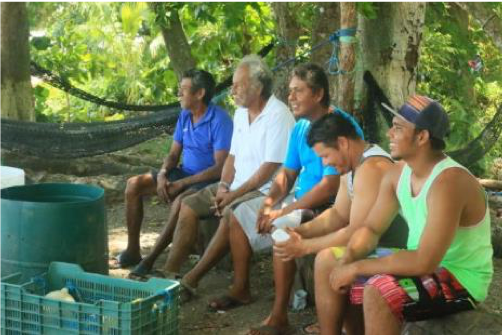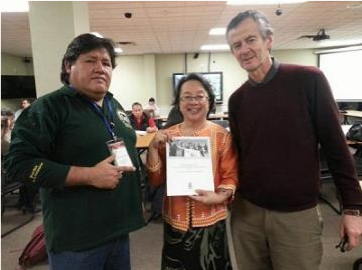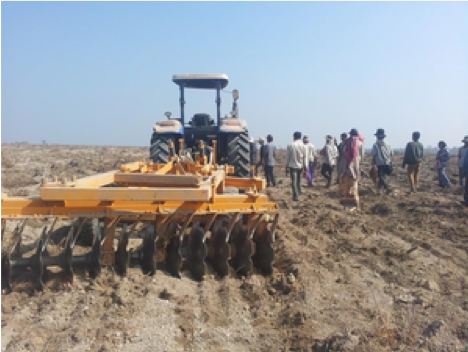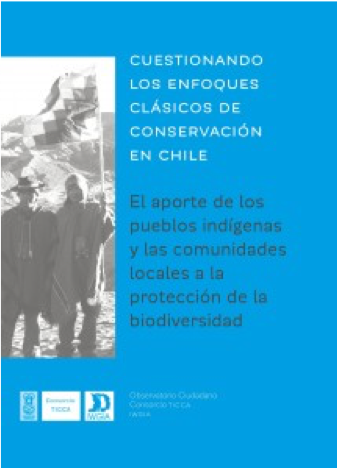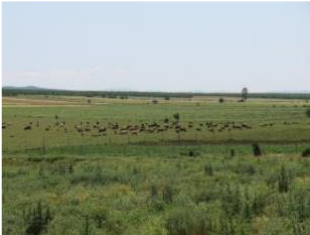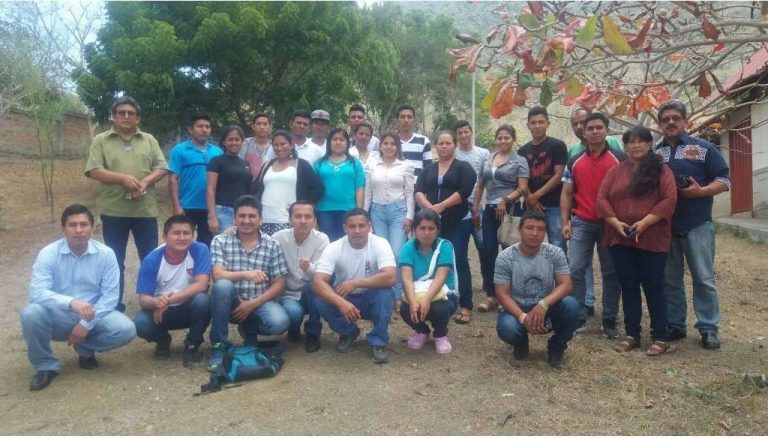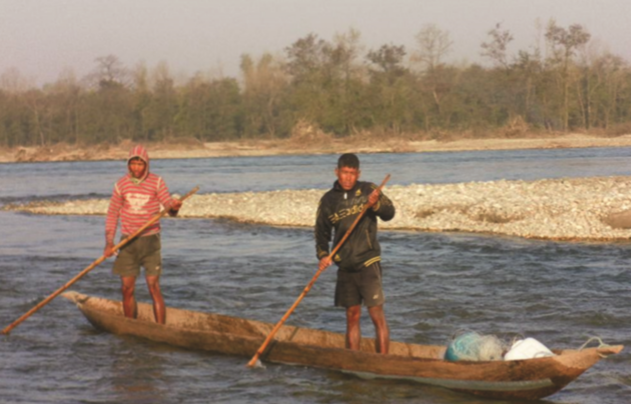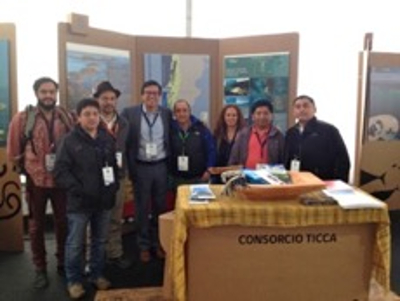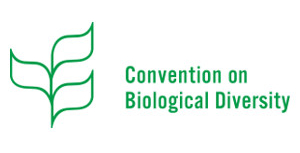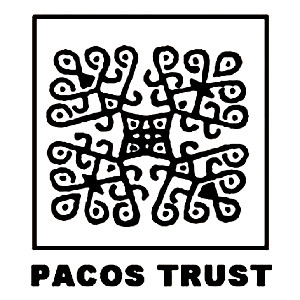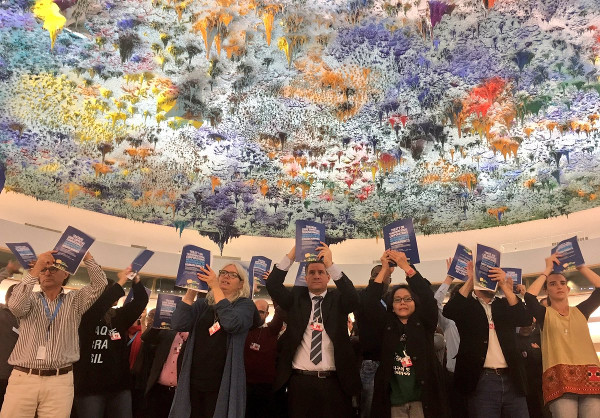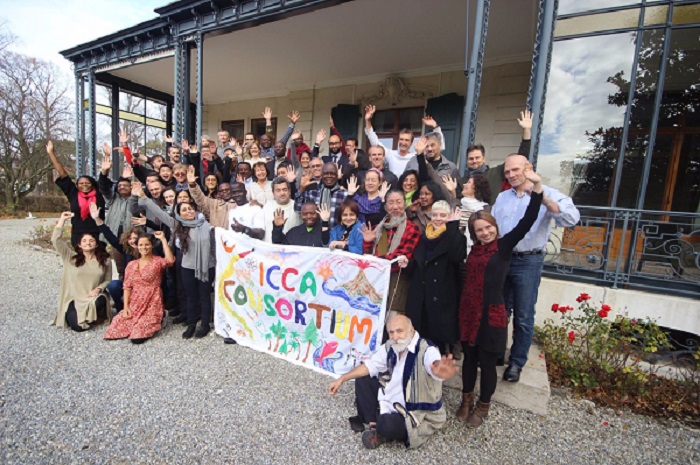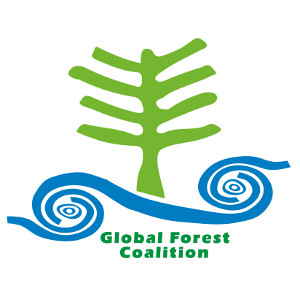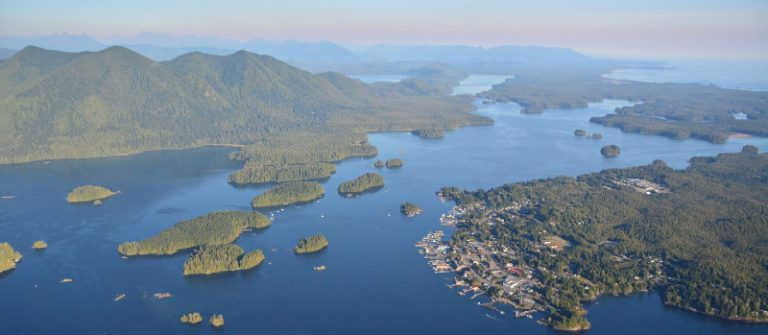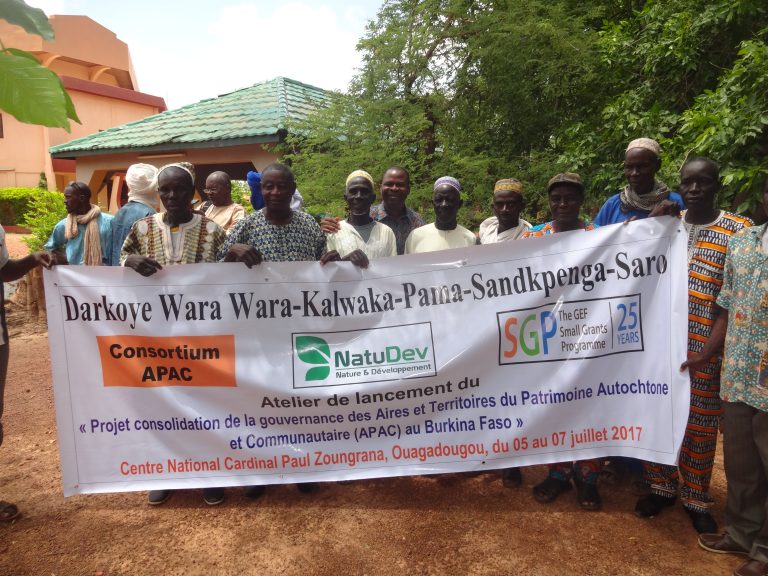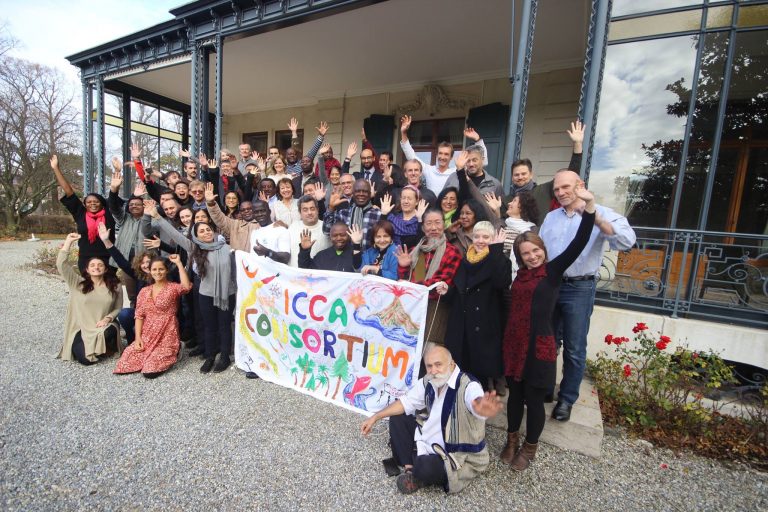By ALDAW – Ancestral Land/Domain Watch (Member)
In addition to the adverse impact of nickel mining on Palawan province (a UNESCO Man & Biosphere Reserve in the Philippines), indigenous peoples and lowland farmers are now being confronted with the threats posed by oil palm development, which is being strongly promoted by the Provincial Government. The main oil palm operations are being run by Palawan Palm & Vegetable Oil Mills Inc. and its sister company Agumil Philippines Inc. Both have been established through a joint venture between Filipino, Singaporean and Malaysian investors. As of now, at least 15,000 hectares out of the targeted 20,000 ha of oil palm plantations are being developed by both companies and by a few private investors. At least 4,000 ha have already been planted and are encroaching on the areas and territories that belong to, and are conserved by, indigenous peoples and local communities.
Cong. Teddy Baguilat: “I would like to be able to support this cause where I know I can make a difference, and that is at the halls of congress.” (Courtesy: KASAPI)
In some municipalities, oil palm development is competing with or even becoming more important than subsistence agriculture. One of the indigenous peoples main complains is also that ‘new’ pests are spreading from oil palm plantations to cultivated fields, destroying hundreds of coconut palms, i.e. the basis of local income generation. In addition, old and secondary forest is being cleared to make space for plantations. With that, many natural resources, including medicinal plants, game animals, wild honey, and many other non-timber forest products (NTFP) pivotal for household survival, are being are becoming very scarce.
Now, a well-researched report released by ALDAW (Ancestral Land/Domain Watch) challenges the premises of “sustainable development” and “rural poverty eradication” that underlie the Government discourse on oil palm development and brings to light the concerns and sufferings of the indigenous communities directly impacted by the massive agro-industrial schemes. The report can be downloaded from the ICCA Consortium website.
Download ALDAW Oil Palm Geotagged Report 2003 Part 1 and Part 2
Watch the video “Oil Palm Aggression on Palawan UNESCO MAB Reserve”
